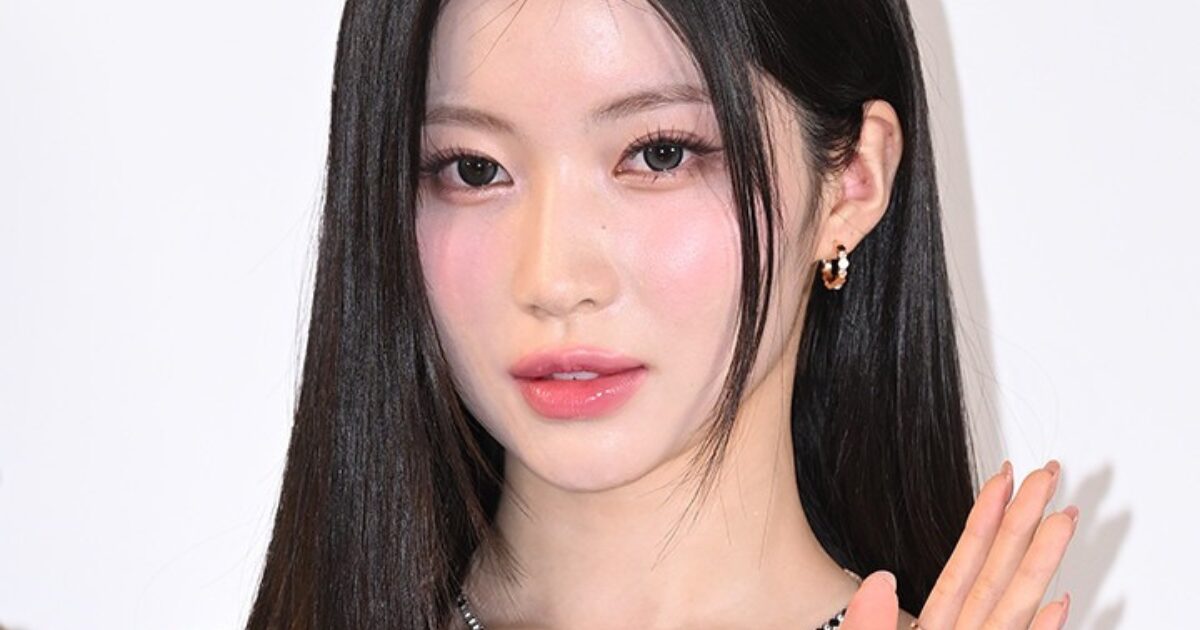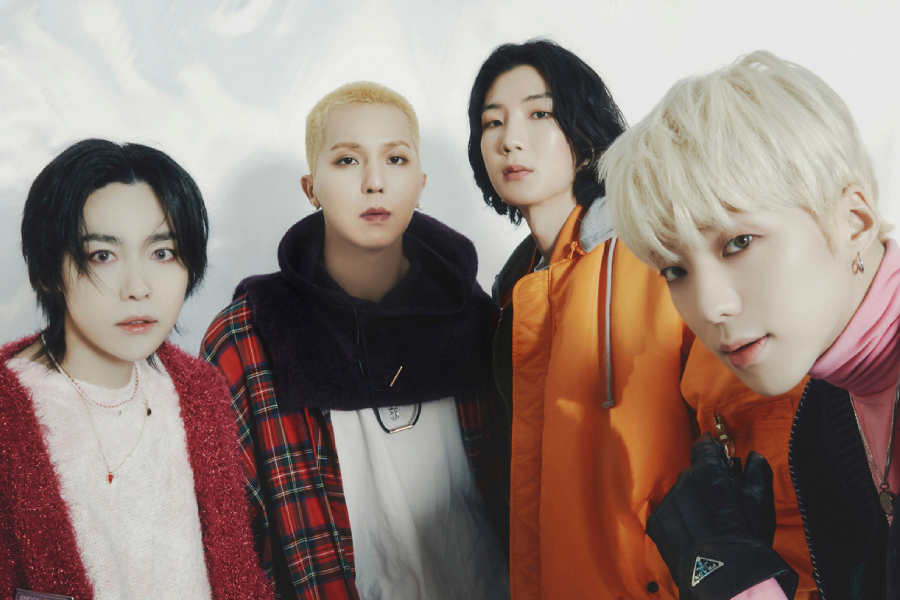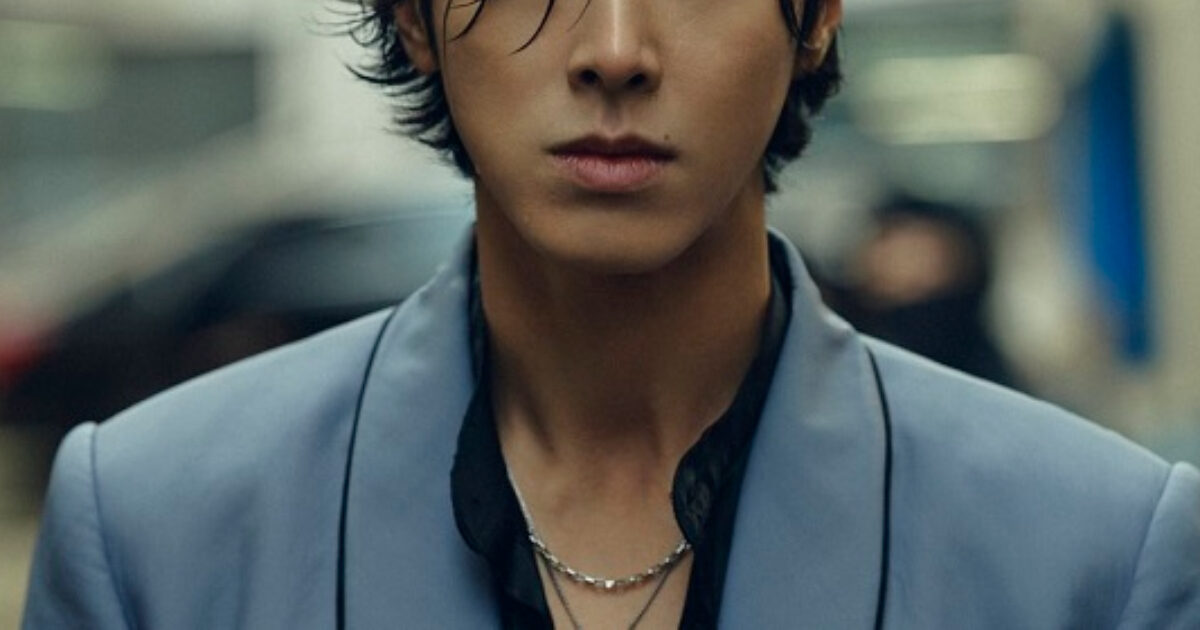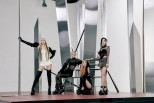K-Pop is a genre that has captivated fans worldwide. Known for catchy tunes and vibrant performances, it also fosters a unique emotional bond between artists and fans. This connection goes beyond just music; it represents a real-time exchange of feelings and support that significantly impacts both sides. K-Pop idols use communication platforms like Bubble, Dear You, and Weverse to maintain constant contact with their fans. This interaction creates a sense of closeness that is vital to the K-Pop experience.
However, this emotional intimacy comes with challenges. The concept of emotional labor is prevalent in the K-Pop industry. Idols often navigate a fine line between personal feelings and public personas. The pressure to engage consistently with fans can lead to anxiety and burnout. Artists feel they must project unwavering commitment and enthusiasm, which can create a façade that hides their true feelings.
The impact of frequent communication on fan loyalty is significant. Engaged artists tend to build dedicated fanbases. This interaction not only boosts their public image but also strengthens community bonds. However, some companies track these interactions as performance metrics, raising questions about the authenticity of emotional exchanges. When emotional connections become quantifiable data points, concerns arise about the sustainability of these relationships.
In fan communities, competition to showcase emotional connections can add pressure on artists. Fans may compare their interactions, leading to heightened expectations. This cycle can create emotional dissonance for idols, resulting in a gap between their true feelings and the public image they present. The toll of ongoing emotional labor can lead to exhaustion and mental health challenges for these performers.
Despite these challenges, fan interactions can offer psychological support for artists. The emotional connection fosters identity and belonging, helping them cope with career pressures. However, it raises an important question: are these exchanges voluntary, or are they enforced as job requirements? When artists feel compelled to engage emotionally, it raises concerns about authenticity and genuine connections.
For the K-Pop industry to thrive, it is essential to prioritize communication rooted in psychological safety and autonomy. Reducing these exchanges to mere performance metrics undermines their value. As K-Pop evolves, understanding these emotional dynamics is crucial for ensuring healthy and sustainable relationships between artists and fans.
Key Points to Consider:
- Emotional Labor: Understand how it affects K-Pop idols’ mental health.
- Fan Engagement: Explore the role of social media in fostering connections.
- Future of Relationships: Discuss the evolving nature of artist-fan dynamics.
By addressing these aspects, the K-Pop industry can create a more supportive environment for its artists and fans alike.
This article has been written by Kpopmap AI writer and while we have made efforts to ensure the accuracy of the article, there may be errors or inaccuracies.
 1 month ago
45
1 month ago
45



















 English (US) ·
English (US) ·